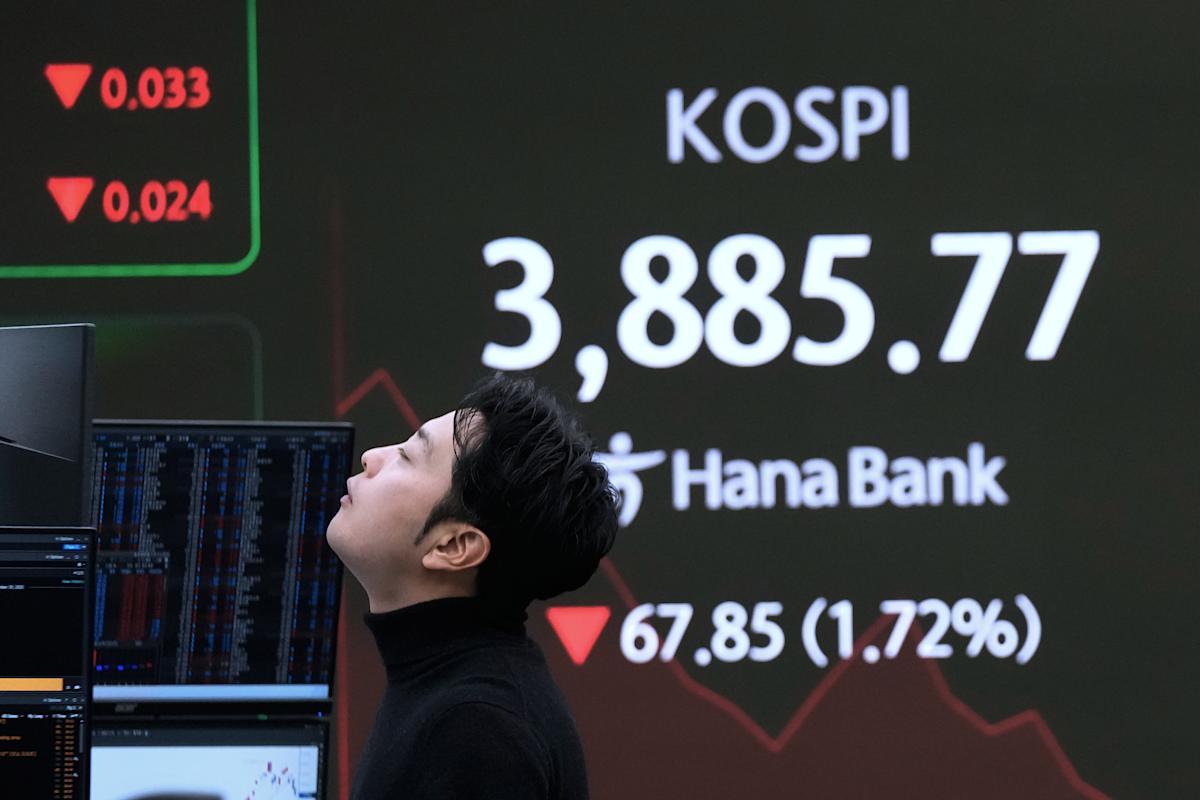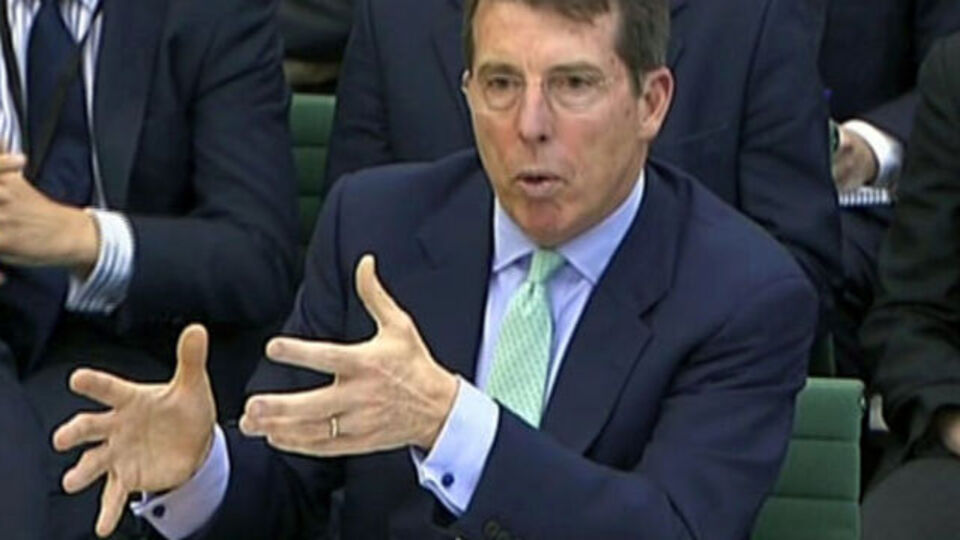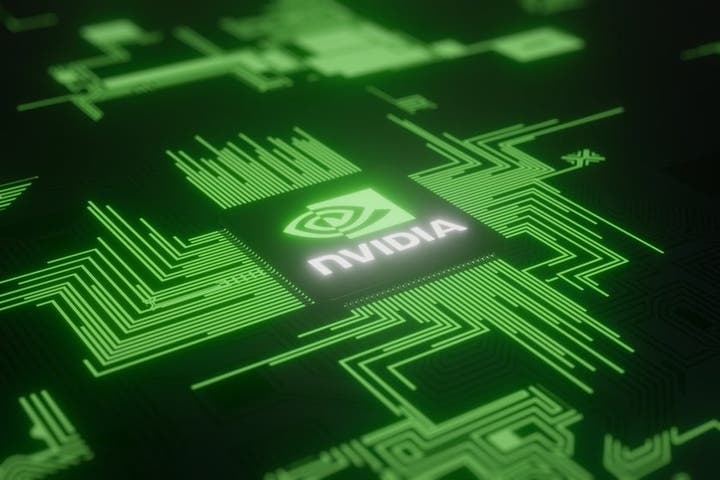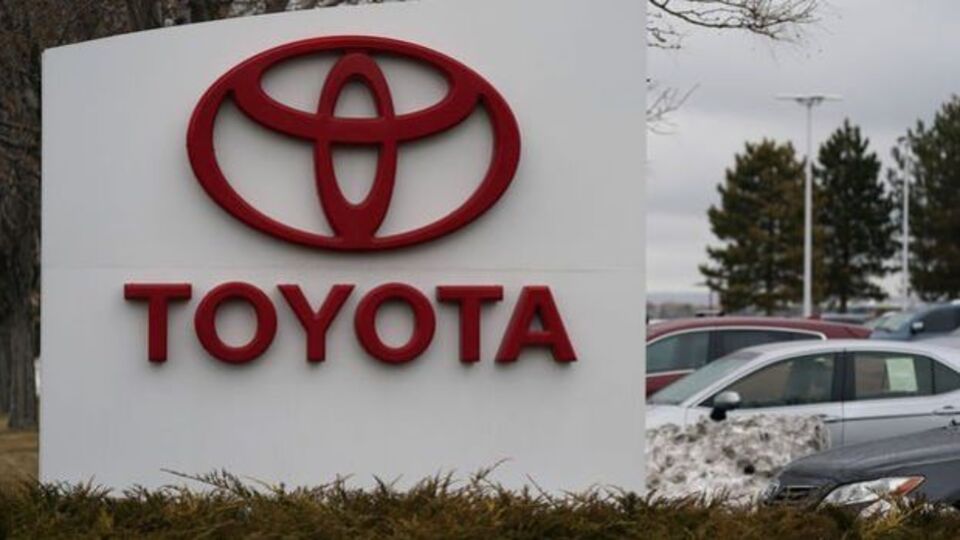
Asian Stock Markets Decline: Investors are Nervous!


Decline in Asian Stocks
Asian stock markets pulled back nervously amid expectations of Nvidia's earnings report reflecting excitement about artificial intelligence technology in recent times. Japan's precious index Nikkei 225 remained nearly stable at 48,724.17.
Hong Kong's Hang Seng index fell by 0.5% to 25,812.54. The Shanghai Composite Index dropped 0.1 points to 3,939.29. Australia's S&P/ASX 200 index decreased by 0.1% to 8,458.40, while South Korea's Kospi index fell by 0.5% to 3,934.58.
Nvidia is expected to announce its last quarter earnings during the day. Additionally, the U.S. labor report scheduled to be released on Thursday is another factor affecting market sentiment after a period in which updates were halted due to the government shutdown.
On Tuesday, stock prices fell globally, with Nvidia leading Wall Street down by 2.8%. This drop is seen as a correction, pushing the chipmaker's monthly loss above 10%.
S&P 500 decreased by 0.8% to 6,617.32 points, distancing itself further from the all-time high reached last month. The Dow Jones Industrial Average fell by 1.1% to 46,091.74 points, while the Nasdaq Composite Index dropped by 1.2% to 22,432.85 points.
Nvidia's performance is crucial for savers' 401(k) accounts. The company's size makes it the most influential stock on Wall Street, capable of determining the direction of the S&P 500 alone on some days. Strong demand for artificial intelligence chips has provided the company with a total market value exceeding $5 trillion.
The recent challenges faced by the U.S. stock market indicate a sharp turnaround compared to the rally that has been ongoing since April. At that time, the stock market had fallen after the shocking tariff measures implemented by former U.S. President Donald Trump. Criticism of the strength of this rally suggested that prices had risen too high, putting the market at risk of a sharp decline.
Most large investors initially expected the Federal Reserve to lower the key interest rate at its meeting in December, but now they harbor more uncertainty about this. The Federal Reserve had cut rates twice this year. However, lower interest rates could worsen inflation, which continues to remain above the Federal Reserve's target of 2%.
While most large investors expect stock prices to rise further, a recent monthly survey conducted by Bank of America Global Research indicated that the biggest risk to the market is a potential artificial intelligence bubble at a rate of 45%. This surpasses other potential threats such as the bond market, inflation, and trade wars.
Furthermore, other high-value sectors of the market have also faced challenges recently. The price of Bitcoin fell below $90,000 on Tuesday, representing a significant loss from last month's $125,000. However, it later regained some of its losses, declining by 1.3% to $91,700 on Wednesday morning.
In other transactions, the U.S. dollar fell to 155.46 Japanese yen, while the euro remained steady at 1.1581 dollars. In energy trading, the price of U.S. crude oil fell by 19 cents to $60.48 per barrel, and the international standard Brent oil dropped by 20 cents to $64.69.
Benzer Haberler
.png)
Yakında Tüm Platformlarda
Sizlere kesintisiz haber ve analizi en hızlı şekilde ulaştırmak için. Yakında tüm platformlarda...







.png)